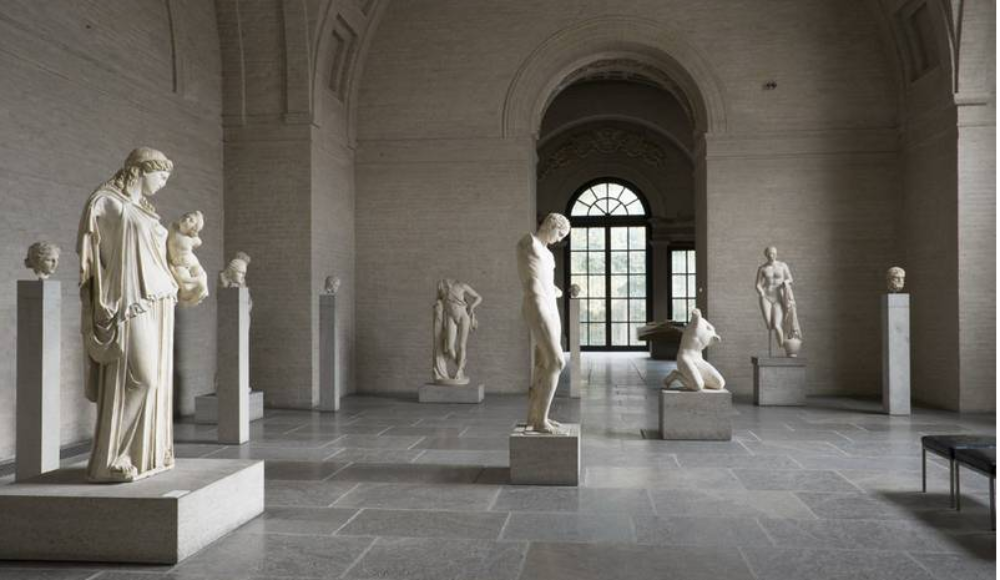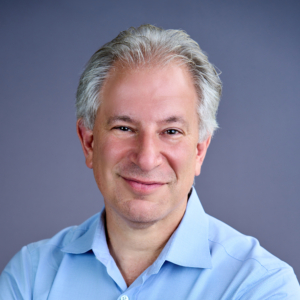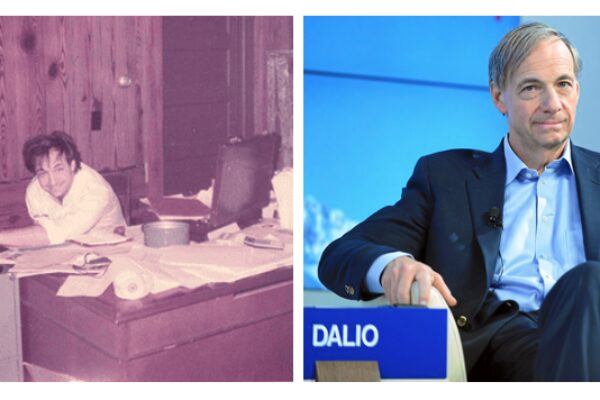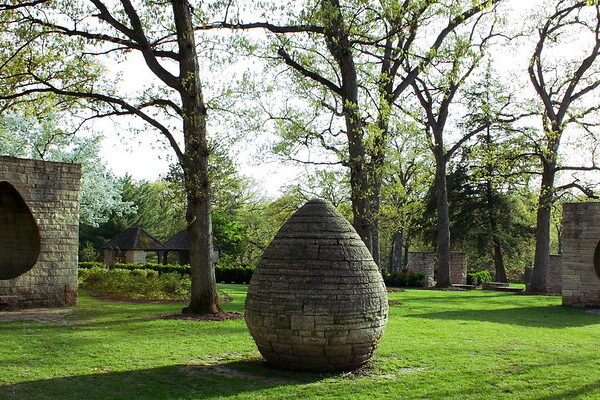
Years turn, and our lives continue the motion they know.
We try things, which yield some of the consequences we anticipate. Surprises happen. Most of these unfold at the periphery of our attention, and most of them seem small.
And then there are moments in which life feels arresting. Often it isn’t clear why. Or: it is blindingly clear, but we stagger from the sense of being blinded to so much of who we’ve been.
Rainer Maria Rilke (here in Robert Bly’s translation)* shows the grip of such a moment.
Archaic Torso of Apollo
We have no idea what his fantastic head
was like, where the eyeballs were slowly swelling. But
his body now is glowing like a gas lamp,
whose inner eyes, only turned down a little,
hold their flame, shine. If there weren’t light, the curve
of the breast wouldn’t blind you, and in the swerve
of the thighs a smile wouldn’t keep on going
toward the place where the seeds are.
If there weren’t light, this stone would look cut off
where it drops clearly from the shoulders,
its skin wouldn’t gleam like the fur of a wild animal,
and the body wouldn’t send out light from every edge
as a star does… for there is no place at all
that isn’t looking at you. You must change your life.
Life seizes us in its particulars: this statue, cleaved here, in the museum light of this fading afternoon. Those lives that stay with us connect these particulars to the demands of the universal.
While life can be lived only once forwards, the problem of living well is at its heart a problem of revision. When does the new event, the glancing idea, the glimpsed opportunity call for adjustment around the edges? When do we revise our very foundations?
In the lives of institutions, no less than in our own lives, we see this inescapable dilemma. On one side, the temptations to over-learn and over-adjust, torn by optimizing the response to what’s at hand away from constancy of purpose and pursuit. On the other side, the traps of under-learning and under-adjustment: continuing to sow spring’s seed at winter’s onset, sitting quietly imprisoned as the lock turns and the gate swings open. Time Warner agreed to be bought by AOL; Nokia fiddled while its market burnt. Roger Smith lost GM tens of billions pursuing the “lights out” robotic factory; Rick Wagoner responded in reasonable and measured ways to any number of challenges GM faced, in ways that history demonstrates to have been deeply insufficient.
This dilemma can be answered wisely, but never answered away. The gospel of disruption prophesies falsely approximately as often as the gospel of tradition. In living our lives and steering our institutions, we are wisest to be troubled by the possibility of revising too late and too much at the edges, and troubled by the possibility of revising too often and too close to the vital center. This wisdom to choose well among these dilemmas can be cultivated. Unpredictable as the best choices are, their patterns rhyme. This wisdom weighs love above expediency, intrinsic values above instrumental needs. This wisdom weighs and sifts probabilities, but chooses the improbable path when there is no other way to pursue the necessary aim. This wisdom honors repetition as the way better nature becomes habitual, and uproots habits when they choke new growth.
Time passes evenly and registers in torrents. Any day is as suited to be a fulcrum on which to turn a life as the day we happen to designate the turning of the year. Don’t rush to small resolutions. Reaffirm and recommit, passionately and never mechanically. Or: if the calling to the new life sends out light from every edge, hold those edges like the sharpest blade – first pause, then cut, then leap.
* Selected Poems of Rainer Maria Rilke, Translated by Robert Bly, Harper Perennial, 1981



